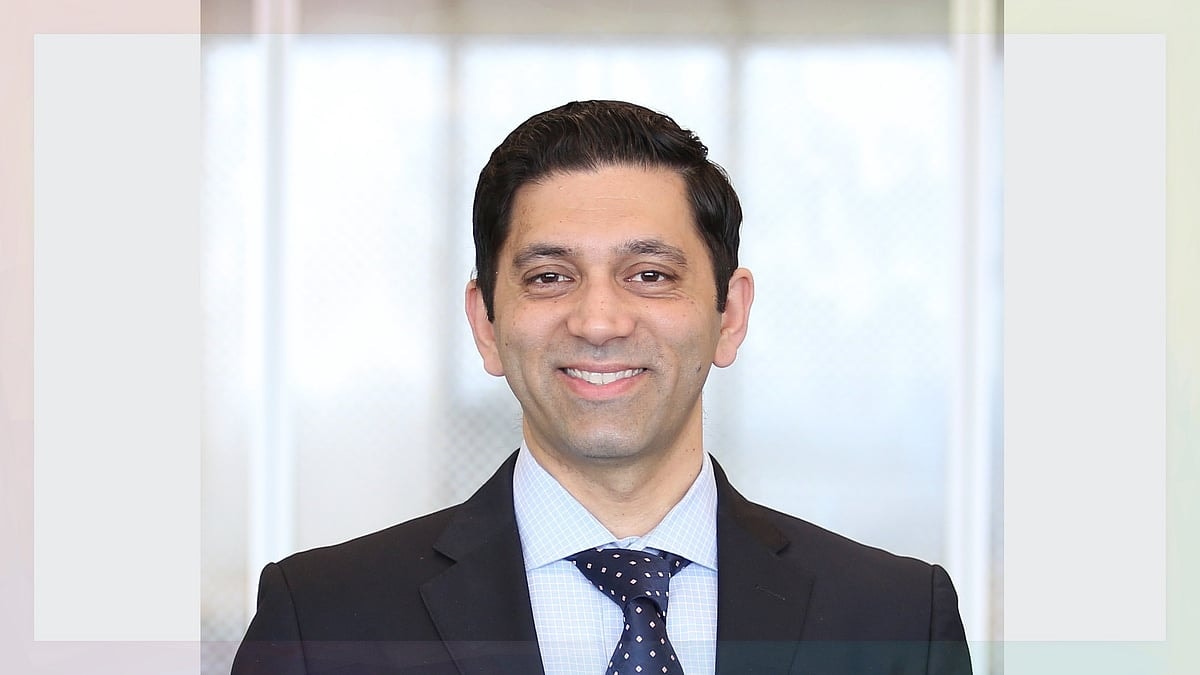Digital Transformation
(US & Canada) VIDEO | Agile Models Aid Quick Recovery From Mistakes — Rockwell Automation VP for Enterprise Transformation and Architecture
Talal Butt from Rockwell Automation, speaks about leveraging agile principles for transformational journeys, the value agile processes provide, and the leaders’ challenging role in carrying out transformation.
Written by: CDO Magazine Bureau
Updated 3:02 PM UTC, Tue October 31, 2023

Talal Butt, VP of Enterprise Transformation and Architecture at Rockwell Automation, speaks with Stephen Gatchell, Director of Data Advisory at BigID, in a video interview about leveraging agile principles for transformational journeys, the value agile processes provide, learning from missteps, and the leaders’ challenging role in carrying out transformation.
Rockwell Automation, Inc. is a U.S.-based provider of industrial automation and digital transformation technologies. BigID is a leader in data security, privacy, compliance, and governance.
Butt believes in leveraging agile principles while embarking on major transformational journeys. While there are multiple reasons behind it, the key one is that there are a lot of unknowns along the journey, he says.
At the beginning, there is a vision or the north star, but to head towards it, the organization will need an operating model based on agile principles, says Butt. Within this, there will be dedicated and aligned teams working on specific capabilities or products, going through the cycle of hypotheses. The teams constantly iterate to build out the right solution as long as the need exists and it can be scaled across the organization.
Moving forward, Butt asserts that agile operating models provide constant value to the stakeholders, both business and customers. Because they deliver tangible outcomes, in a short time.
Further, they aid in learning from mistakes that are likely to happen in a transformational journey, says Butt. Without the agile process built in the mindset and organizational structure, it becomes difficult to retreat when a misstep happens, he affirms.
Butt explains that it is not just executing through technology but iteratively solving problems with accountability from the stakeholder and technology sides.
The agile operating model allows organizations to learn from mistakes and do the right thing in the end. Butt asserts that having the right operating model has been a priority at Rockwell, to learn, adapt, and deliver things quickly.
When asked about celebrating failures, Butt states that it is a culturally driven phenomenon for many organizations. Rockwell being an engineering company has to have all the necessary specifications for what it builds. However, Butt maintains that it is different in the case of large scale transformations. In that scenario, the entire path is not clear and there have been many missteps throughout the transformational journey.
Butt reveals that the agile model helped in fast recovery from mistakes and helped tell the story to senior leaders in a favorable manner. He adds that with the right leadership support, the organization learned from the mistakes and did not dwell on them.
Adding on, he shares that he likes the phrase “learn fast” better than “fail fast.” According to Butt, one learns while trying many things, and that learning experience opens the next path forward.
Furthermore, he shares that digital transformations are extremely difficult, from managing expectations to managing impact, change, and communication, while ensuring that final objectives are met.
Therefore, the leaders in those roles have a tough job ahead of them, says Butt. Further, he finds that connecting with other leaders in the same journey turns out to be helpful.
“Keep pushing forward, and broaden connections to have the right support when needed.”
Talal Butt | VP of Enterprise Transformation and Architecture, Rockwell Automation
In conclusion, Butt opines that relying on peer network groups is critical and lifting the “big rock” will create a lot of pushback and friction. However, one must believe in the mission, keep pushing forward, and broaden connections to have the right support when needed.
CDO Magazine appreciates Talal Butt for sharing his insights with our global community.




